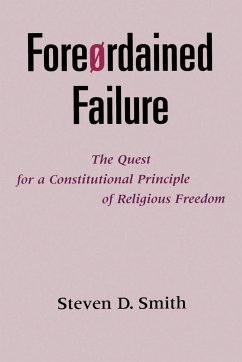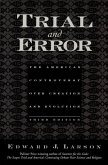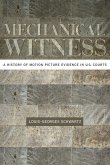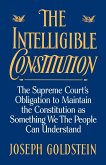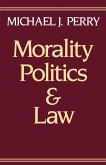Ever since the Supreme Court began enforcing the First Amendment's religion clauses in the 1940s, courts and scholars have tried to distill the meaning of those clauses into a useable principle of religious freedom. In this highly original work, Smith criticizes the main positions in the debate and explains their misconceptions. He argues that efforts to find a principle of religious freedom in the "original meaning" are fruitless because the clauses were purely jurisdictional in nature: they were meant to place authority over questions of religion with the states, and nothing more. Contending that the perennial quest to distill religious freedom into a "principle," is futile, Smith advocates a fundamental reassessment of the premises upon which courts have proceeded in this area.
Hinweis: Dieser Artikel kann nur an eine deutsche Lieferadresse ausgeliefert werden.
Hinweis: Dieser Artikel kann nur an eine deutsche Lieferadresse ausgeliefert werden.

